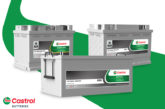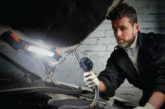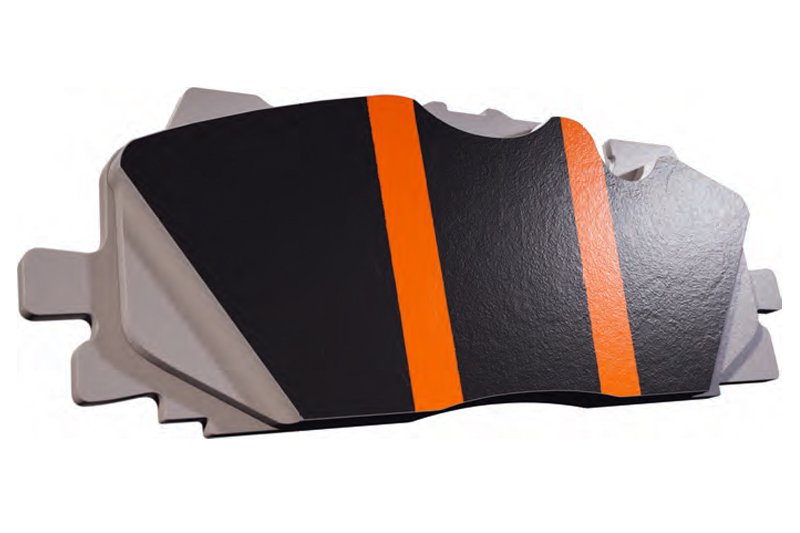
The exponential market growth of electrified vehicles is bringing new braking technology, challenges and opportunities into workshops, argues Delphi’s global product line manager Carl Lester.
Regenerative braking systems are entering the UK market in volumes that are quite hard to comprehend compared to even recent historic levels. They are rapidly becoming the normal braking system, not the exception. Regenerative braking boosts economy and efficiency. During normal driving the electric motor draws power from the battery to turn the wheels, creating the kinetic energy. When braking, the process is reversed to slow the vehicle whilst generating electricity which is stored in the high voltage battery ready to be used again.
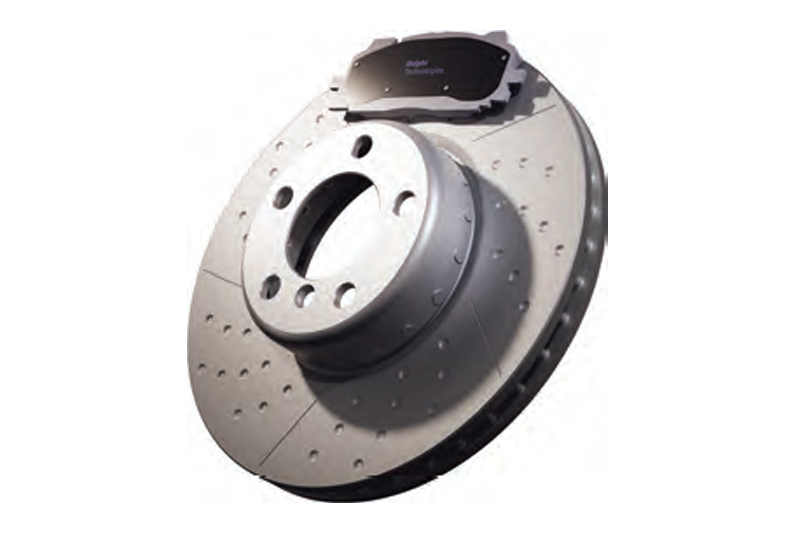
Previously the energy from the car’s movement was converted via brake friction into heat and lost to the environment. Regenerative braking recovers it to recharge the battery. Most electrified vehicles can provide sufficient braking power through the electric motor alone to slow it in the majority of dailydriving scenarios. However, this new approach has given rise to an entirely new problem. Friction braking is self-cleaning but because hydraulic brakes are essentially a back-up system on electric vehicles, they are used much less often. With less use, rust and contaminants can quickly build-up, affecting both the disc’s friction surface, the pad mounting, and the caliper piston/slider pins.
Delphi has carried out extensive R&D during the development of OE-quality EVspecific brake friction materials and found a wide range of wear characteristics. For example, the caliper carrier can suffer from accelerated corrosion due to lack of use. This can result in brake pads not fully retracting, causing them to wear faster too. Any brake drag will obviously then negatively impact EV range. Compromised pad to disc contact can also cause problems with pitting or uneven wear. Covered with an advanced coating, Delphi EV brake pads deliver immediate and reliable braking, even from very first use.
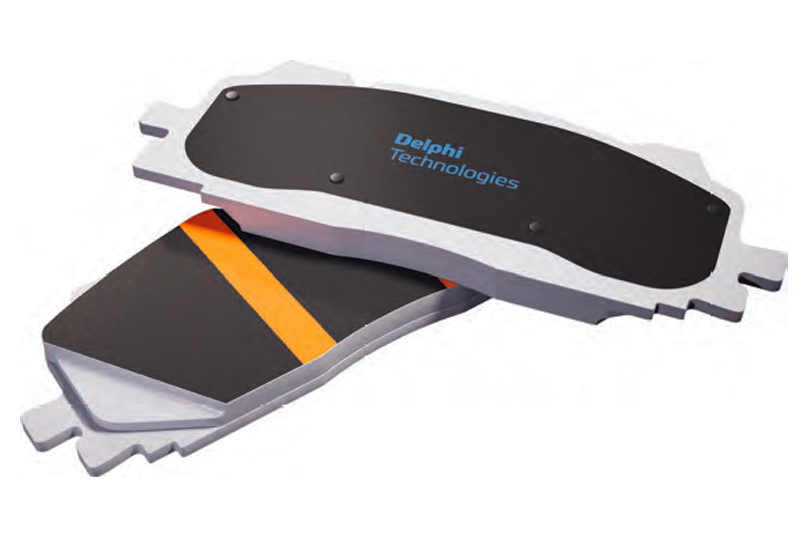
A silver powder coated backplate offers a high resistance to rust and excellent durability, while the multi-layered steel and rubber composite shim minimises noise, and vibration. Market analysis shows that noise has become the leading factor in brake product returns, especially with quieter vehicles like EVs. We recently updated our Global Technical Regulation for all new brake pads to include a highquality shim, even if the OE does not. Delphi’s EV brake pads can be fitted straight from the box. Included are abutment clips, calliper bolts with correct thread-lock, electronic wear leads, and a sachet of grease for a complete fitting solution to enable right first-time fitment.







